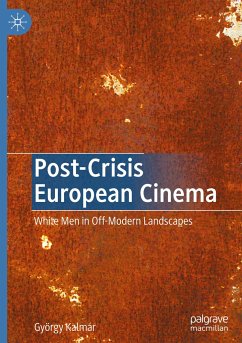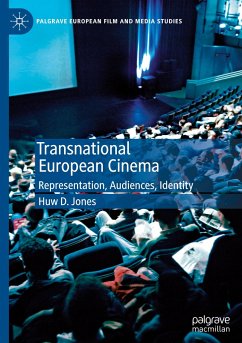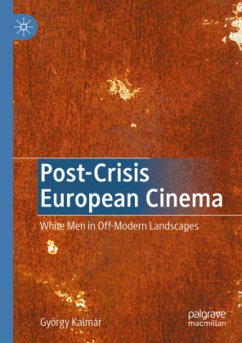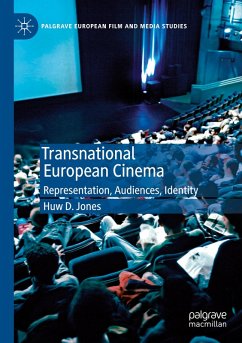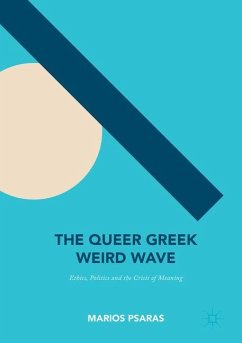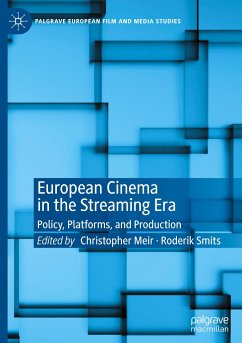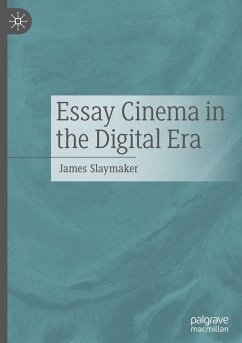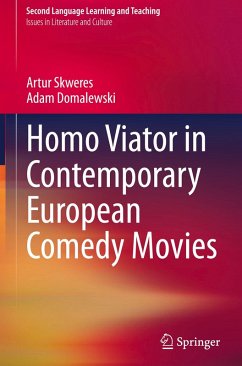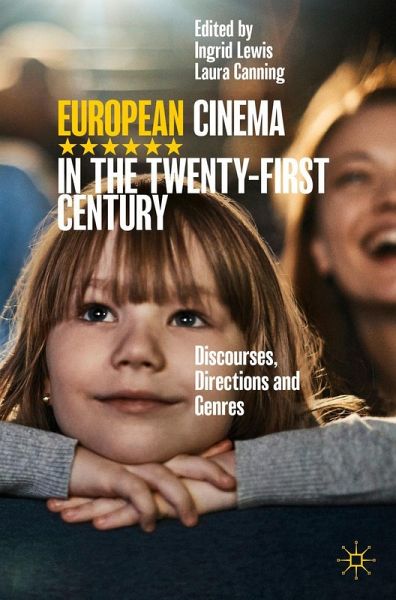
European Cinema in the Twenty-First Century
Discourses, Directions and Genres
Herausgegeben: Lewis, Ingrid; Canning, Laura

PAYBACK Punkte
16 °P sammeln!
This book rethinks the study of European Cinema in a way that centres on students and their needs, in a comprehensive volume introducing undergraduates to the main discourses, directions and genres of twenty-first-century European film. Importantly, this collection is the first of its kind to apply a transversal approach to European Cinema, bringing together the East and the West, while providing a broad picture of key trends, aesthetics, genres, national identities, and transnational concerns. Lewis and Canning's collection effectively addresses some of the most pressing questions in contempo...
This book rethinks the study of European Cinema in a way that centres on students and their needs, in a comprehensive volume introducing undergraduates to the main discourses, directions and genres of twenty-first-century European film. Importantly, this collection is the first of its kind to apply a transversal approach to European Cinema, bringing together the East and the West, while providing a broad picture of key trends, aesthetics, genres, national identities, and transnational concerns. Lewis and Canning's collection effectively addresses some of the most pressing questions in contemporary European film, such as ecology, migration, industry, identity, disability, memory, auteurship, genre, small cinemas, and the national and international frameworks which underpin them. Combining accessible original research with a thorough grounding in recent histories and contexts, each chapter includes key definitions, reflective group questions, and a summative case study. Overall, thisbook makes a strong contribution to our understanding of recent European Cinema, making it an invaluable resource for lecturers and students across a variety of film-centred modules.



